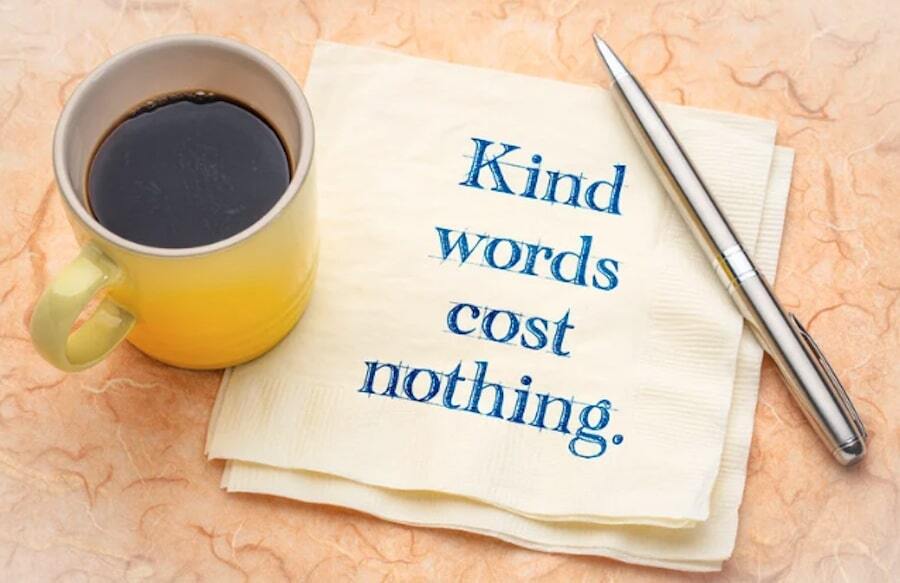
In a world that often feels fast-paced and transactional, kindness can seem like a soft skill, something nice to sprinkle on top when time allows. But in the realm of conflict resolution, kindness isn’t just “nice”—it’s transformative. Whether you’re mediating workplace disputes, navigating tenant concerns in property management, or simply seeking smoother communication in your team, kindness can shift the trajectory of any conflict.
At first glance, kindness might seem intangible. You can’t measure it with spreadsheets or track it in a quarterly report. Yet, research in neuroscience reveals that kindness literally changes how our brains respond to tension. When we approach a stressful interaction with empathy and compassion, our bodies release oxytocin—the so-called “bonding hormone”—which lowers stress, improves communication, and fosters trust. Simply put, kindness helps people feel safe enough to speak, listen, and collaborate.
Consider a common scenario in the workplace. Two employees disagree over a project approach. Without guidance, emotions flare, voices rise, and productivity stalls. Enter kindness: the mediator acknowledges each person’s perspective, validates their feelings, and reframes the conversation toward shared goals. This doesn’t mean ignoring issues or pretending everything is fine. Kindness is not weakness—it’s strategic. By modeling patience, active listening, and respect, a mediator creates space for solutions that might otherwise be blocked by defensiveness or resentment.
Kindness also has a ripple effect. When one person acts with patience and understanding, it encourages others to mirror that behavior. A single kind intervention can shift the tone of a meeting, an organization, or even a community. In conflict resolution, this ripple often transforms “us versus them” into “we’re in this together.”
But how do you practice kindness without compromising boundaries or letting conflicts go unresolved? The key lies in intention. Kindness in conflict resolution means approaching others with curiosity instead of judgment, seeking understanding instead of dominance, and offering solutions rather than ultimatums. It’s about creating an environment where everyone feels heard and respected, even in disagreement.
At Pollack Peacebuilding, we see the power of kindness every day. Our team works with organizations and individuals to resolve disputes before they escalate, helping people navigate difficult conversations with dignity and grace. We combine proven strategies, professional mediation techniques, and the simple—but powerful—principle of treating others as we ourselves would want to be treated.
In practice, this might look like:
-
Actively listening without interrupting.
-
Reflecting back what you hear to show understanding.
-
Offering solutions that balance fairness and empathy.
-
Checking your own emotional responses before reacting.
Kindness doesn’t guarantee that conflict will disappear, but it creates a fertile ground for resolution. When people feel respected and understood, they are more willing to compromise, collaborate, and move forward. And over time, organizations and communities that prioritize kindness develop stronger relationships, better morale, and a culture that can withstand disagreements without descending into hostility.
Conflict is inevitable, but the way we approach it is a choice. By integrating kindness into our resolution strategies, we can transform tension into understanding, friction into collaboration, and disagreement into growth. After all, kindness isn’t just about being nice—it’s about being effective.
To explore how kindness and professional conflict resolution can improve your organization, contact us today or view our online courses designed to equip teams with practical de-escalation strategies.

About the Author: Jeremy Pollack
Jeremy Pollack, Ph.D. is the founder of Defuse De-Escalation Training, a sister company of Pollack Peacebuilding Systems, the largest workplace conflict resolution training and consulting firm in North America. He actively participates in de-escalation training and consulting initiatives for a variety of industries, from Fortune 500 companies to well-known non-profits. Besides his Ph.D. in Psychology from Grand Canyon University, Jeremy holds a Master’s Degree in Negotiation, Conflict Resolution, and Peacebuilding (NCRP) from California State University, Dominguez Hills. He is also a member of several organizations focused on conflict resolution and peacebuilding, such as the Peaceful Leadership Institute, the Association for Conflict Resolution, and the Division 48 (Division of Peace Psychology) of the American Psychological Association. Jeremy also holds several certifications in the field of training and coaching: he is a Certified Organizational Development Coach (CODC™), a Certified Clinical Trauma Specialist-Individual (CCTS-I™), and an Associate Certified Coach (ACC) under the International Coaching Federation.








